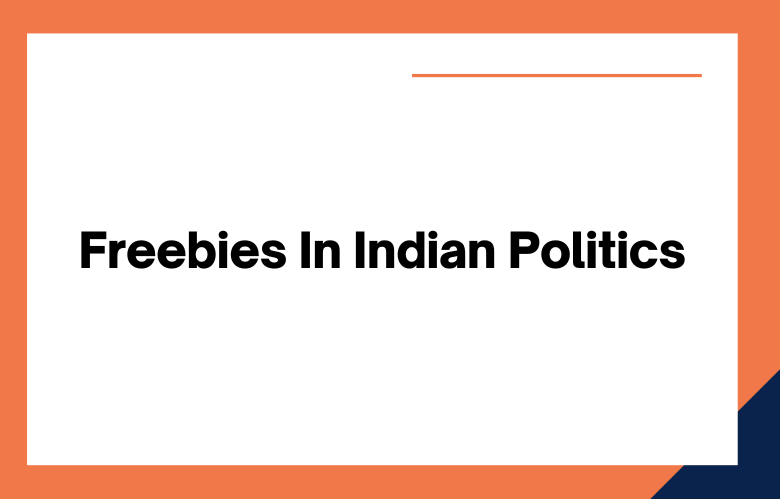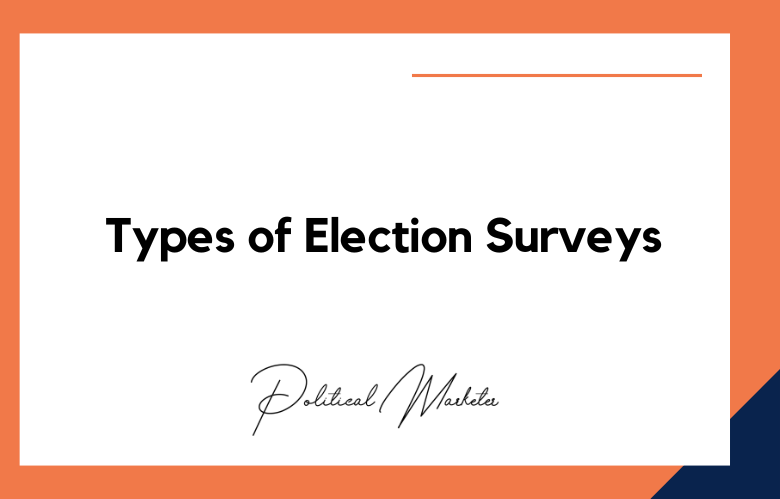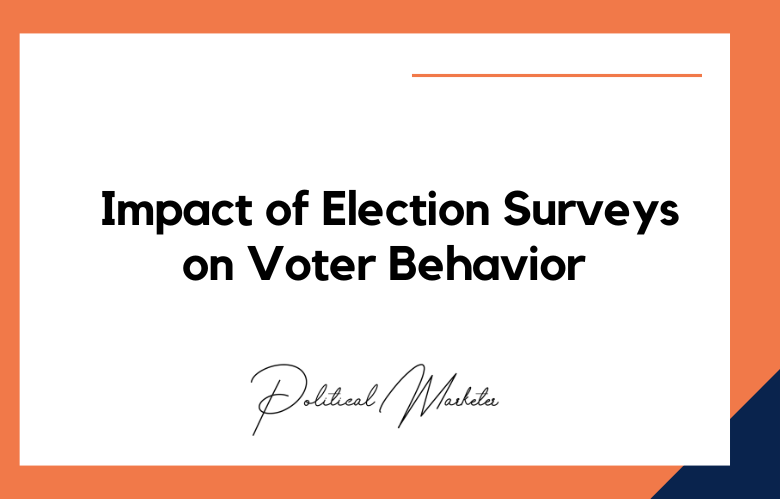Freebies have become a vital part of the political landscape in India. From laptops to smartphones, cars to scooters, and even TVs and refrigerators, political parties are doling out an ever-increasing array of freebies to lure voters to their side.
But are these freebies effective in winning elections? Let’s take a closer look.
In India, political parties often resort to providing “freebies” to voters to win their support.
From laptops and smartphones to bicycles and even goats, there’s no telling what sort of freebie a party might offer.
But why do they do this? What’s the reasoning behind giving away all these gifts?
The answer is simple: it’s a strategy to win votes. And it has worked time and time again in Indian elections.
By promising freebies, parties can tap into voters’ desires for material possessions and coax them into voting for the party offering the most generous list of giveaways.
It has become a common practice for parties to release their list of freebies several months before an election.
How Freebies Impact Elections
There’s no doubt that freebies play a significant role in Indian elections. The Centre for Media Studies study says that 70% of respondents would vote for a candidate or party if offered a freebie. This figure jumps to 80% among first-time voters.
Not only do freebies sway voters, but they also make them more likely to turn out on election day.
In India, voting is voluntary, meaning people are not legally required to cast their ballot.
This can often lead to low voter turnout, particularly among young people.
However, the same study found that 67% of respondents said they would likely vote if offered a freebie.
Freebies are a vital strategy for winning the election in India.
However, critics say this practice encourages vote-buying and creates an uneven playing field between well-funded parties and those with less money to spend.
There have even been calls for legislation to ban freebies in elections altogether.
However, as long as this practice remains legal, we’ll continue to see parties using freebies to win votes.
Why do Political Parties give away Freebies?
There are several reasons why political parties give out freebies during elections:
- It is a way to buy votes. Political parties are bribing voters to vote for them by giving away items people want or need.
- It is a way to woo voters who are on the fence. If a voter is undecided between two candidates, a well-timed freebie could sway them toward the party giving it out.
- It is a way to show goodwill towards the electorate.
By giving away freebies, political parties try to show that they care about the people and work for their best interests.
What kinds of Freebies are given away?
The most popular freebie in Indian politics is cash. Political parties often distribute large sums of money to voters before an election.
Other popular freebies include automobiles, motorcycles, bicycles, laptops, TVs, cell phones, and kitchen appliances.
Political parties have even been known to give away gold and silver coins!
Why do Political Parties give out Freebies?
There are several reasons why political parties give out freebies:
- It is a way to woo voters and win their support.
- It is a way to build up loyalty among party supporters.
- It is a way to thank party workers for their hard work during an election campaign.
- It is a way to reach new voters who may not have considered voting for the party.
- It is a way to consolidate support among existing party voters.
What are the most common Freebies given out by Political Parties?
The most common freebies given out by political parties include bicycles, laptops, mobile phones, and television sets.
However, there is no limit to the kinds of freebies that can be given out.
In the past, we have seen parties give out food items such as salt and sugar, cooking gas cylinders, and even goats!
Are there any Downsides to giving out Freebies?
While giving out freebies may be an effective way to win elections, this strategy has some downsides.
- It is very costly for political parties, and taxpayers end up footing the bill for these schemes.
- It creates an environment of dependence among beneficiaries who depend on the continuous flow of freebies from the government.
- It leads to corruption as party workers often misuse their position to distribute freebies only to those who support the party.
Why do Indian Political Parties use Freebies as a critical strategy?
The simple answer is that it works! Offering freebies is an effective way of appealing to voters who are not ideologically motivated and are more likely to be swayed by material benefits.
Research has also shown that offering freebies increases voter turnout, which benefits political parties.
Moreover, it is a relatively cheap campaign method compared to other methods such as hoardings, rallies, etc.
With the rise of social media and 24×7 news channels, it has become increasingly difficult for political parties to reach out to voters through traditional rallies and public meetings.
Therefore, resorting to tactics such as offering freebies has become more common in recent years.
While there is no denying the fact is offering freebies does help win elections, it remains to see if it is a sustainable way of governing a country.
After all, once the elections are over and the party comes to power, it will have to find ways to finance all the promises made during the campaign, which might prove difficult.
Therefore, while freebies might help win elections in the short run, they might not be viable long-term solutions.
The Impact of Freebies on Voter Turnout
There is no denying that freebies can effectively get people to the polls.
A study by the University of Mumbai found that voter turnout increased by 9% when voters were given freebies like food and drink.
This impact was even more pronounced among lower-income voters, who are typically less likely to vote.
The author concluded that freebies are essential for increasing participation in democracy.
The Effect of Freebies on Voting Behaviour
While there is evidence that freebies can increase voter turnout, there needs to be more agreement on whether or not they influence voting behavior.
Some studies suggest that freebies impact how people vote, with people being likely to vote for the party that gave them a freebie.
Other studies, however, have found no significant relationship between freebie receipt and voting behavior.
The Truth about Freebies and Elections in India
Freebies can effectively increase voter turnout, but their impact on voting behavior needs to be clarified.
While some studies suggest that people are more likely to vote for the party that gives them a freebie, other research has found no such relationship.
Ultimately, it’s up to each voter to decide whether or not a freebie will sway their vote.
But one thing is sure: in India, giving out freebies is still essential for winning elections.
Freebies in Indian Politics: Key Strategy to Win Elections in India
The Answer is Mostly Yes
Freebies are certainly nothing new in Indian politics. For decades, politicians have been using them to win votes.
And there’s no denying that they’ve been mostly successful.
A Center for Media Studies study found that as many as 65% of respondents said they had been influenced by freebies when voting in elections.
However, some critics argue that freebies are a short-term measure that does not address India’s real issues.
They point out that most freebies are given out right before elections and are often not followed through after the votes have been cast.
They also argue that freebies disproportionately benefit the wealthier classes, who are likelier to own the electronics and appliances given away.
The first thing to understand is that many voters in India see freebies as an entitlement.
This is especially true in rural areas, where poverty levels are higher, and residents feel they deserve compensation for voting.
Freebies can also ensure loyalty; if a particular party has given a voter a mobile phone, they will likely vote for that party again.
Of course, there are also practical considerations at play. A mobile phone, for example, is a valuable commodity that most people could not afford otherwise.
By doling out freebies, parties can ensure that their supporters have the means to stay in touch and get involved in campaign activities.
It’s worth noting that freebies are popular not just with voters but also with parties and candidates.
That’s because distributing freebies makes it easy to win votes without actually campaigning or engaging with voters on the issues.
It’s a cheap way of bribing voters into supporting you, which often works.
Conclusion
Love or hate them, it’s hard to deny that freebies play a significant role in Indian politics.
While some argue that they’re nothing more than a short-term measure, there’s no denying that they’ve been largely successful in winning elections.
Only time will tell if this trend continues or if voters will eventually tire of receiving handouts from politicians.
Some effective campaign strategies in India have been distributing freebies, such as mobile phones, refrigerators, etc.
According to a study by the Centre for Media Studies, nearly 20 percent of households had purchased household durables because politicians had given them away during their campaigns.
Moreover, around 12 percent said they would vote for a candidate if they fulfilled their promise of giving out freebies.
With the above findings in mind, it’s evident that offering freebies is a vital strategy to win elections in India.
Are you interested in learning about running a successful political campaign? If so, contact us today for information on our political consulting services.
Call: +91 9848321284
Email: [email protected]










